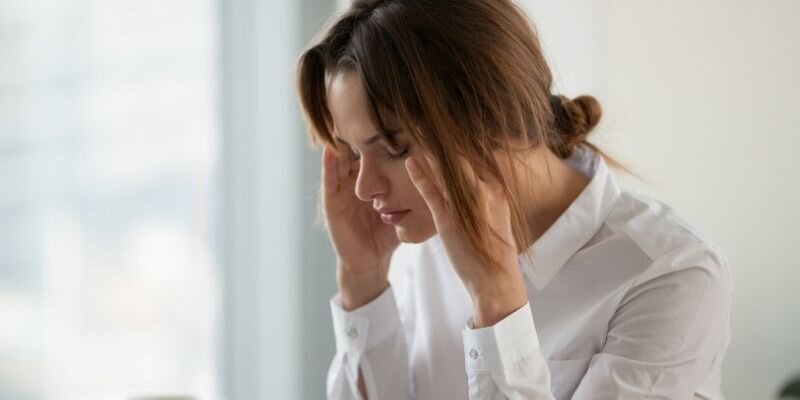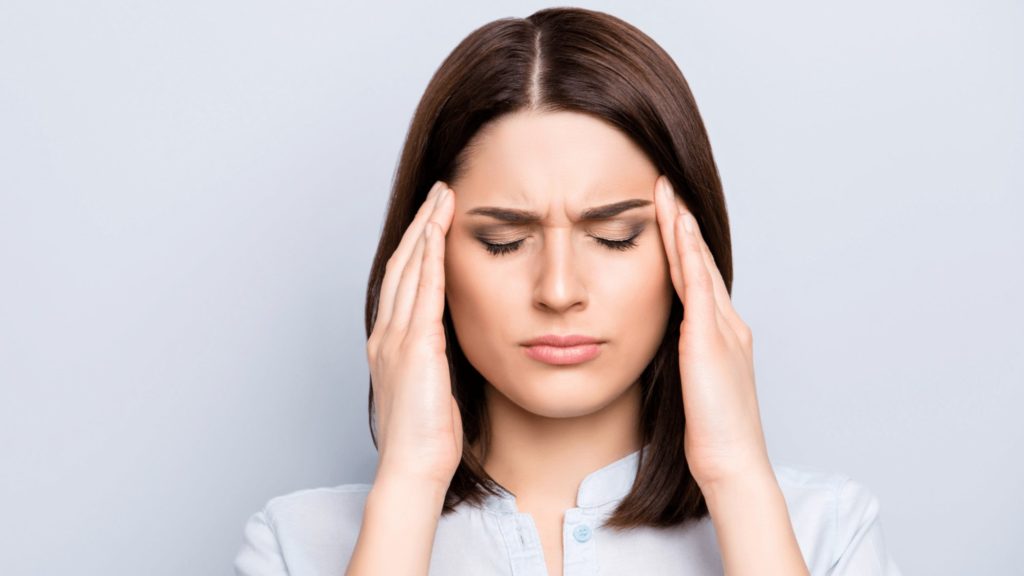Contents
- What is Menopause?
- What Causes Menopuase?
- What are the Symptoms of Perimenopause?
- Managing Symptoms of Menopause
- Healthy Living in Perimenopause and Menopause
- What are the concerns about hormone replacement treatment (HRT) of menopausal symptoms?
What is Menopause?
Menopause is a natural part of a women’s aging process and officially begins 12 months after the final menstrual period. Most of the women reach menopause in their early 50’s.
What Causes Menopuase?
As a woman gets older, the body produces decreasing amounts of the female hormones estrogen and progesterone. In the period before menopause, known as perimenopause, menstrual periods may become irregular, with the time between periods increasing or decreasing. Perimenopause typically occurs in the two o eight years preceding menopause.
What are the Symptoms of Perimenopause?
Although about two-thirds of women experience some symptoms of perimenopause and menopause, only about 20% consider the symptoms bothersome enough to see a doctor about them.

Symptoms may include
- Hot flashes and night sweats (lasts for less than five years in most women)
- Vaginal dryness, itching and/or irritation
- Reduced bladder control or some leakage of urine
- Breast tenderness (declines after menopause)
Potential long-term consequences of decline in female hormones leading to menopause
- Osteoporosis (brittle bones)
- Increased risk of heart disease
- Further research is needed to determine the effect of low levels of estrogen on risk of colon cancer, Alzheimer’s disease, skin aging, cataract formation and arthritis.
Managing Symptoms of Menopause
1. Hot Flashes
Hot flashes and night sweats may be very bothersome for some women. The most effective treat for hot flashes is estrogen replacement, which reduces incidence by up to90%. Estrogen replacement is available in tablet, patch or gel form.
- Clonidine is a non-hormonal medicine that reduces hot flashes by up to 46%
- Megestrol acetate takes about 2 to 3 weeks before it is effective but can reduce incidence or hot flashes by up to 85%
- Black cohosh is an herbal remedy that has been found in German studies to have effectiveness similar to that estrogen
2. Urinary Incontinence
Stress incontinence (leakage or passing of urine that is unintended) can be addressed with exercises that help to strengthen the urogenital tract. Your doctor may address incontinence associated with strong urge to urinate (“urge incontinence”) by prescribing medications such as oxybutynin, tolterodine or imipramine.
3. Recurrent Urinary Tract Infections
The occurrence of recurrent urinary tract infections in menopause can be reduced with the use of vaginal cream. Another approach involves using a low dose of antibiotic once a day for 3 o 6 months.
4. Vaginal Dryness
Replacing estrogen by vaginal application of estrogen cream using other forms or estrogen replacement therapy can correct the problem
5. Osteoporosis
For information on the management of postmenopausal osteoporosis please refer for Osteoporosis article which will be here to read.
Healthy Living in Perimenopause and Menopause
- Regular exercise can reduce the risk associated with elevated cholesterol levels, weight, heart disease, diabetes and breast cancer. .
- Smoking increases the rate of estrogen breakdown, worsening symptoms of menopause. .
- Reducing alcohol and caffeine intake may help menopausal symptoms such as hot flashes and insomnia.
What are the concerns about Hormone Replacement Treatment (HRT) of menopausal symptoms?
Recently, a large study (Women’s health Initiative or WHI) revealed that the use of hormone replacement therapy (HRT) consisting of conjugated equine estrogen and medroxyprogesterone acetate taken on a daily basis increased the risk of breast cancer in 8 extra women out of 10,000 per year compared to women who did not take these medications.
HRT also increase risk of stroke (8 extra cases per 10,000 women per year), coronary heart disease (7 extra cases per 10,000 women per year), and production of potentially harmful blood clots known as venous thromboembolism (28 extra cases per 10,000 women per year) in the WHI study.
The Society of Obstetricians and Gynecologists of Canada conclude that HRT should not be routinely recommended for all menopausal women, as the slightly increased risk of breast cancer and coronary heart disease outweigh the benefits in women without symptoms.
**Whether or not to take HRT is a very personal decision. The risks and benefits of hormone replacement therapy in your particular circumstances should be discussed in detail with your doctor.**
Written by: Winter Rose
Copyright © by www.siyalla.com
[Earlier our website was www.ehealthut.com]

